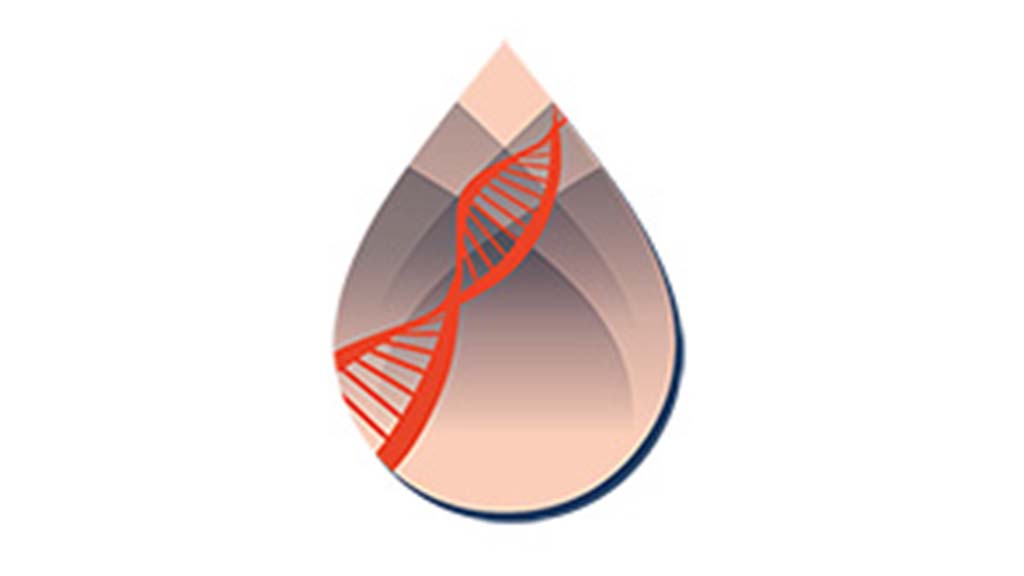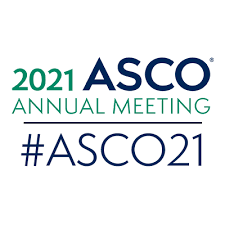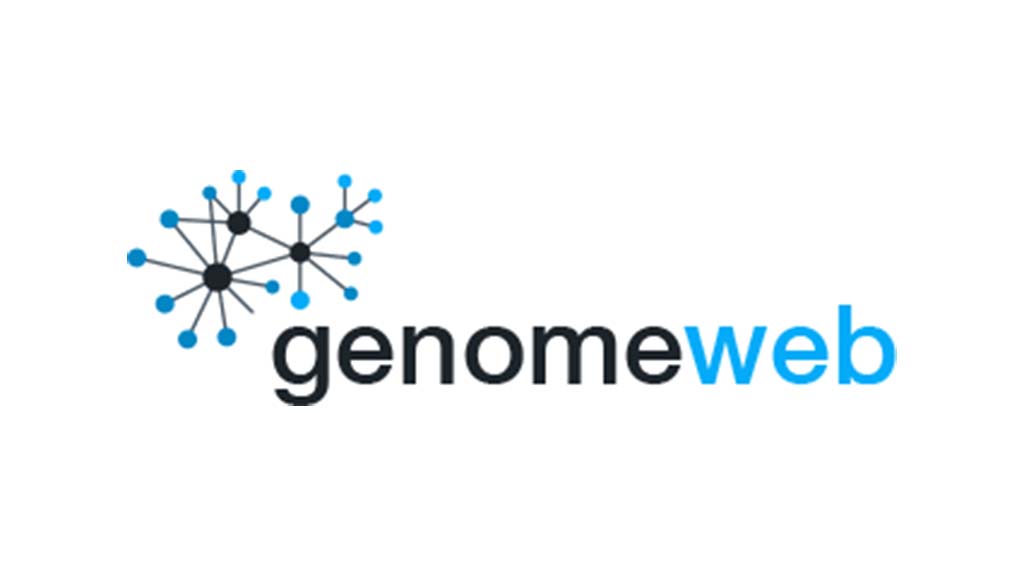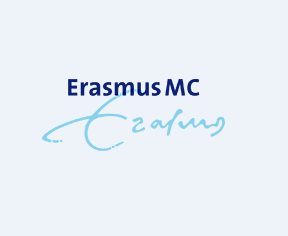New cancer treatment options created by full DNA-analysis

Nature publication reports study by Netherlands Center for Personalized Cancer Treatment showing benefits for targeted treatments outside registered indications
2 oktober 2019 In 2016, the Drug Rediscovery Protocol (DRUP) was launched in the Netherlands. This is a unique and innovative pan-cancer clinical trial that seeks to expand the use of EMA and/or FDA-approved targeted therapies beyond their approved indications. In a Nature paper, published online on 30 September 2019, the research team now takes stock of the progress of DRUP over the first three years. 75% of all patients enrolled in this study through full DNA tumor analysis by Hartwig Medical Foundation.
Full DNA analysis by Whole Genome Sequencing
The DRUP study is coordinated by the Center for Personalized Cancer Treatment, in which 36 Dutch academic and general hospitals and the Hartwig Medical Foundation are closely participating. Hartwig Medical Foundation was responsible for full DNA analysis using whole genome sequencing to detect actionable changes in the tumor DNA of each individual patient.
Edwin Cuppen, scientific director of the Hartwig Medical Foundation and one of the co-investigators on the project: “When we analyzed whole tumor DNA in a very large set of patients, we saw anomalies for which registered medicines were already available in 13% of the cases. Because tumors had never been tested this broadly before, this was not noticed with standard diagnostic approaches.” The next question was: Do patients really benefit from medicines that – according to the full DNA analysis – could be appropriate but are not registered for the patient’s tumor type? To answer this question, the DRUP study was launched in 2016. In this study patients with metastasized cancer without any further treatment options, are given a medicine that was registered for another cancer type.
New reimbursement model
Amongst the first 215 patients to have been treated in this way, 34% remained stable for at least 4 months or the tumor even decreased in size. In one of the two completed cohorts (tumors with microsatellite instability (MSI) treated with nivolumab), this percentage was actually 67%. To provide continued access to this treatment for new patients with MSI, oncologists, the National Health Care Institute, and health insurers got together to devise a new personalized reimbursement model: social innovation hand in hand with scientific innovation.
There were, however, also patient groups having DNA anomalies who experienced no benefit at all from their experimental drug. “One very important aspect of DRUP is that all this information is shared, so that we can all continuously learn from it and prevent ineffective treatment of future patients” says medical oncologist Emile Voest from the Netherlands Cancer Institute, who is one of the research leaders, together with Henk Verheul (Radboud University Medical Center) and Hans Gelderblom (Leiden University Medical Center).
The study is supported by the Dutch Cancer Society, the Barcode For Life foundation, Hartwig Medical Foundation and pharmaceutical companies interested in performing supplementary research into approved medicines.
Source: Netherlands Cancer Institute (website)
You read an article in the category Personalized treatment. You may also be interested in Billing code, Molecular diagnostics, OncoAct, Scientific publications or Whole genome sequencing.All news
Also read

ASCO 2021: Presentations about whole genome sequencing
At the congress of the American Society of Clinical Oncology (ASCO) on 4-8 June 2021 researchers Kris Samsom and Luuk …

GenomeWeb: ‘Dutch Team Looks to Drug Repurposing to Improve Patient Outcomes, Lower Costs’
The project is an attempt to address the rising healthcare costs associated with new cancer drugs and to identify biomarkers …

Erasmus MC Cancer Institute introduces comprehensive DNA testing for CUP cancer patients in EMBRAZE region
The Erasmus MC Cancer Institute has started using comprehensive DNA testing for carcinoma of unknown primary (CUP) cancer patients in …

The knowledge we gather with WGS can bring us a step closer to our goal to find an effective and suitable treatment for every single patient, not based on ‘one size fits all’, but adjusted to the characteristics of the patient and the tumor.